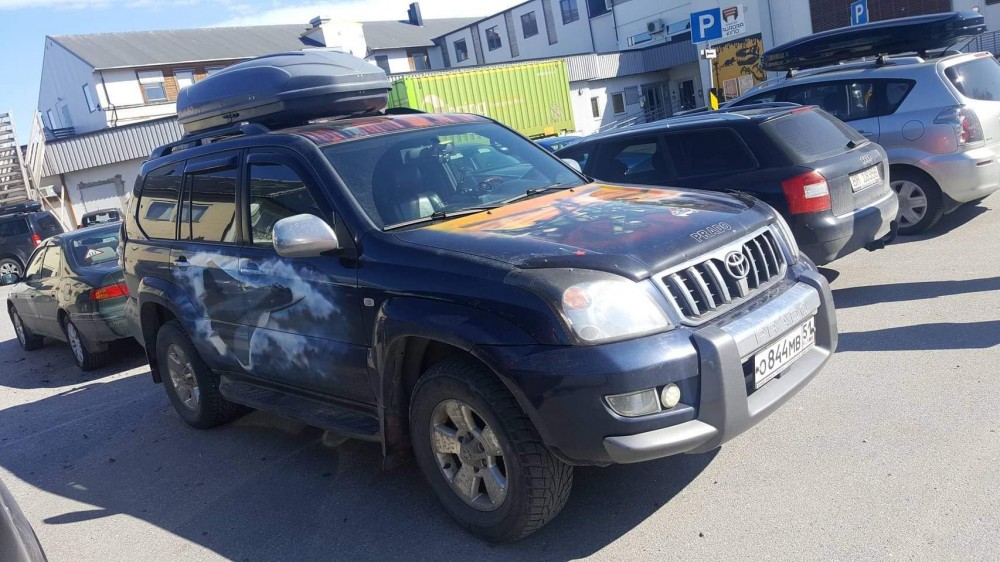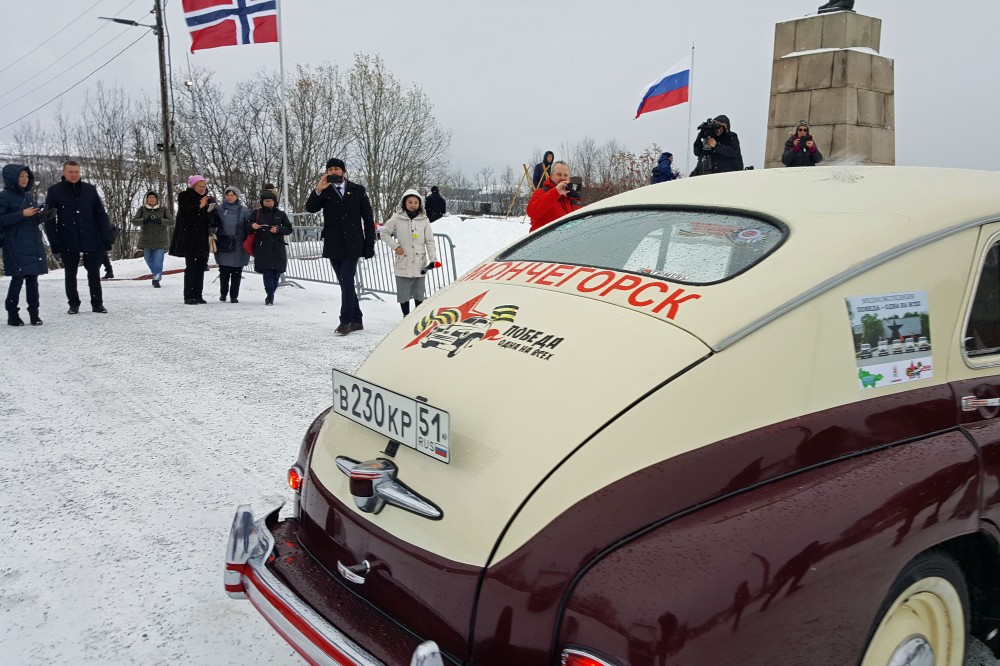Norway needs time to consider entry ban to Russian vehicles
European countries with land border to Russia are closing for cross-border private driving, but the northern gateway into Norway remains open. For now, at least.

The Barents Observer is aware of disagreements within the Norwegian Government on how to react to the European Commission’s recent sanctions policy update telling member states to ban the entry of Russian cars.
Norway is not a member of the European Union but follows most of the sanctions imposed in response to Russia’s brutal war against Ukraine.
If vehicles are being used for commercial or private purposes is not relevant, the September 8 document from Brussels makes clear. Up north, traffic has increased this summer with Russians traveling to Europe via Norway in transit.
While the Baltic countries were soon to close borders for cars with Russian registration plates this week, Finland – and especially Norway – are more reluctant.
“We have taken note of the statement by the European Commission, and its interpretation, and are looking more closely at what this will mean for Norwegian regulations,” says spokesperson with the Foreign Ministry in Oslo, Ragnhild I. Simenstad, to the Barents Observer.
Finland is more in a hurry: “Further information on the matter will be released as soon as possible,” the Customs, which is looking into the matter together with the Foreign Ministry, says in a statement.
If Finland chooses to ban the entry of Russian-registered cars and Norway not, this could cause challenges at the six cross-border roads between Norway and Finland in the north, as there are only random customs checks. Many Russians today drive to Finland via Norway after Helsinki last September banned the entry of Russian citizens arriving with tourist visas and Norway not.
In Tallinn, Foreign Minister Margus Tsahkna is more direct in his statement.
“We cannot allow the citizens of an aggressor state to enjoy the benefits offered by freedom and democracy, while Russia is continuing its genocide in Ukraine.”
Estonia made the ban effective immediately Wednesday morning. The two other Baltic nations, Latvia and Lithuania, followed shortly after.
“At the moment, Russian citizens can only cross the border, if they have the right to do so, either by bus or on foot,” Lithuanian Vice Foreign Minister Jovita Neliupšienė said to the state broadcaster. Lithuania shares a border with Kaliningrad, the Russian enclave to the Baltic Sea.
Meanwhile, the Barents Observer counted one Russian registered car after the other every second minute on the road between Kirkenes and the border checkpoint Wednesday afternoon. For people in Murmansk, a one-day shopping tour across the border is not uncommon. Others are driving all north from Moscow and St. Petersburg to take their car with them on holiday in Europe.
“6,700 people crossed the border in August,” immigration inspector Sven Arne Davidsen writes in an email to the Barents Observer. That was an increase of 23% compared with the same month in 2022. Not all are arriving in private cars as there still are minibuses bringing passengers from Russia’s largest city above the Arctic Circle across the border to Norway where many are flying south from Kirkenes airports to Oslo or other European destinations.
“We don’t count how many of the vehicles crossing that are private, but the total number of Russian-registred cars in August were 646,” says spokesperson Silja Arvola with the Police in Finnmark.
“In principle, it is not prohibited to drive a car into Norway via Storskog [border checkpoint] for private Russians, according to the Norwegian sanctions regulations,” spokesperson Simenstad with the Foreign Ministry says.
“Norway has introduced a similar provision to which the European Commission gave new guidance on September 8. According to the regulations it is forbidden to buy, import, or transfer, among other things, cars from Russia,” she elaborates.
Simenstad says the Norwegian interpretation of this is that temporary private use of a Russian-registered car is not covered by the sanctions ban.
“This is also how we have practiced the Norwegian provision,” she says.
The European Commission does not specify what will happen with cars with Russian registration plates, belonging to Russian citizens, that are already inside the EU. Hundreds of thousands of Russians are living temporarily in Europe, and many have brought their cars.
The sanctions target vehicles with less than 10 passenger seats. It means visitors traveling in cross-border minibusses, like between St. Petersburg and Helsinki and between Murmansk and Kirkenes, will not be affected by the tighter sanctions rule.
Located in Kirkenes, Norway, just a few kilometres from the borders to Russia and Finland, the Barents Observer is dedicated to cross-border journalism in Scandinavia, Russia and the wider Arctic.
As a non-profit stock company that is fully owned by its reporters, its editorial decisions are free of regional, national or private-sector influence. It has been a partner to ABJ and its predecessors since 2016.
You can read the original here.

